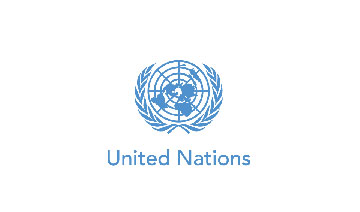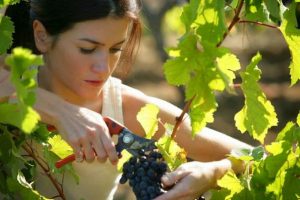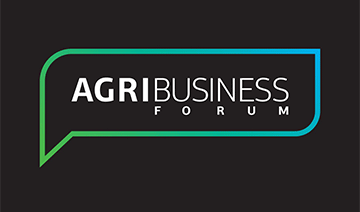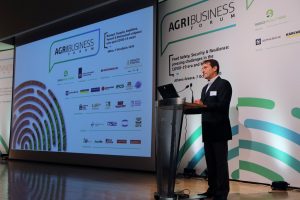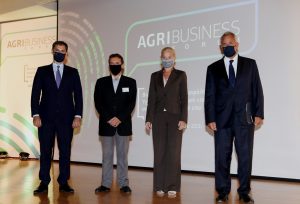The pitched battle for the fate of the next EU farming subsidies programme is set to play out next week. Here’s your quick survival guide to the final CAPdown. The post-2020 Common Agricultural Policy (CAP) has reached a turning point, although perhaps this isn’t so obvious at first glance. Positions among different lawmakers are still far apart, while lobbyists and NGOs are stepping up their efforts in a last-ditch attempt to have their voices heard.
While committees in the European Parliament still aren’t talking to each other, conversations between key players can only be held virtually as some of them are self-quarantined and press meetings are also held online. Phones are ringing off the hook and inboxes are full as they are now the only way to get in touch with people involved in the process.
Let’s start with the basics. Why it is said that we are in the middle of the final countdown to CAP – or CAPdown, for the punsters? In 2018, the European Commission put forward its post-2020 CAP proposal. The European Parliament and the EU Council, both then have to sign off on the same amended text to that proposal. To do this, they both meet together with the Commission in hush-hush sit-downs known as ‘trilogues’ in EU-speak. There, they start negotiating on a common final text.
But to kick off discussions, the negotiators – Parliament’s rapporteurs on the file plus a minister of the rotating EU presidency – need a mandate from the institution they represent to negotiate on their behalf.
Two key things happen next week: one is a gathering of farming ministers and, the other is a plenary session at the Parliament. Both occasions are important opportunities to get the required mandates approved and negotiations rolling. So, here are five things to know in the run-up to what could potentially be a crossroad for the next CAP:
- Anything could happen in the European Parliament. The role of the Parliament’s committees is to do a sort of ‘screening’ of the different proposals and bring some compromise amendments to the plenary. This time, individual amendments are being presented and will be voted, after a clash between the agriculture (AGRI) and the environment (ENVI) committees. However, this time an agreement among the three largest parties in the European Parliament, the Christian-democrats (EPP), socialists (S&D) and liberals (Renew Europe), has been struck. Although the parties are fairly confident they will have enough hands to move things along, there might be some tricks on the voting lists, so nothing is set in stone just yet.
- Ministers don’t seem ready. Parliament’s insiders still believe that after the vote, the trilogue could start immediately in November. However, political discussions on the other side are still ongoing and it remains highly unlikely that a mandate for the German presidency could be agreed next week.
- Different sticking points. If the outstanding issue at the Council is the green architecture of the CAP and particularly the eco-scheme, the struggle at the Parliament is also on how to enshrine – or not enshrine – the sustainable targets set in the EU’s new food policy, the Farm to Fork strategy, in the CAP.
- NGOs are quite upset. Well, environmental groups are always kind of upset, but this time they’ve called the agreement between the three largest Parliament’s parties a “stinking deal”.
- Remote vote. The showdown is not going to be in Strasbourg, where most of the Parliament’s plenaries are set, but not in Brussels either. The entire session will instead be held ‘remotely’ due to the increased risk of coronavirus. This makes it the first huge piece of EU legislation to be voted entirely remotely, which could soon be the new normal for the next few months.
And here’s the last thing you need to know. Although we might be seeing some light at the end of the tunnel, whatever happens, we are not at the end of this process just yet. We’re merely at the halfway point. Trilogues still need to be done and negotiations could last a long time – last time they took 18 months, with a grand total of 56 meetings. At the same time, lawmakers need to get cracking and pick up the pace, as time is running out and the risk is increasing that the EU farming subsidies will not continue to flow at the end of the transitional period.
Source: EURACTIV, Gerardo Fortuna and Natasha Foote



